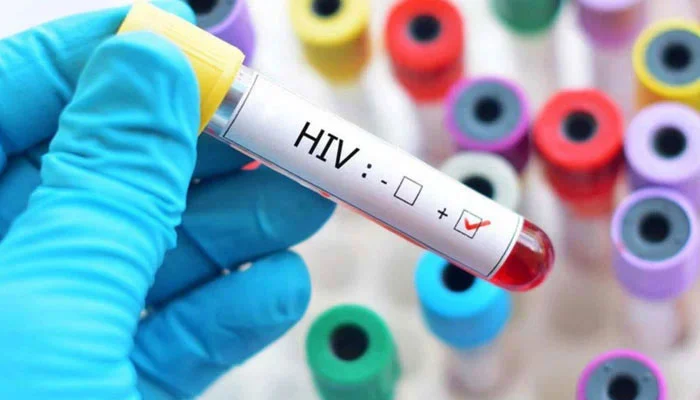A major controversy has erupted over Pakistan’s sixth round of the Integrated Biological and Behavioral Surveillance (IBBS) on HIV. Allegations of data manipulation, survey misconduct, and methodological flaws have led to intense scrutiny from international health organizations, civil society groups, and government officials. The $3.2 million project was conducted by a consortium including a public university, Progressive Development Initiative (PDI), and the WHO Collaborating Center on HIV Surveillance (HIVHUB Iran).
Stakeholders—including WHO, UNAIDS, and the Khawaja Sara Society—have raised red flags about survey credibility, citing the exclusion of key test results and manipulation of diagnostic data. The IBBS Round-6 was designed to assess HIV prevalence among key populations, including people who inject drugs (PWID), men who have sex with men (MSM), transgender persons (TGs), female sex workers (FSWs), and prisoners in 31 districts across Pakistan.
A major point of concern involves the failure to retest thousands of individuals whose rapid diagnostic tests (RDTs) showed faint reactive lines—indicators that WHO and test manufacturers regard as potentially HIV positive. Internal documents reveal over 723 such results were ignored, raising fears of intentional underreporting.
Stakeholders Demand Accountability and Independent Review
Despite repeated instructions to confirm faint-line results through further testing, the IBBS implementers allegedly neglected protocols. This sparked outrage among stakeholders, who believe the omission might be an attempt to understate Pakistan’s HIV burden for political or funding reasons.
Dr. Shabana Saleem, Director General of Health at the Ministry of National Health Services, expressed serious concerns and urged colleagues to thoroughly evaluate the findings before finalization. The Common Management Unit (CMU) for AIDS, TB, and Malaria has also called for an “independent, transparent third-party review” to restore the study’s credibility.
Preliminary IBBS Round-6 results showed a rise in HIV prevalence among TGs (10%), MSM (7%), and FSWs (3.8%), but a reported decline among PWID to 27%. These figures, however, are now disputed due to the untested faint reactive results.
Read: Iran Vows Swift Punishment for Those Caught Spying for Israel
Community Voices Raise Red Flags
Community-based organizations have strongly condemned the survey process and findings. Moon Ali, Director of Programmes at the Khawaja Sara Society, said the figures presented in the report contradict field realities and past data. “Our community-based data shows significantly higher intervention coverage and risk behavior,” he said.
He also criticized the narrow definition of MSM used in the survey, which limited respondents to those reporting sexual activity in the last 30 days. WHO’s regional office had recommended a 12-month recall period to better reflect real population behavior and risks.
Additionally, discrepancies were noted in reported condom use and safer sex practices, further casting doubt on the reliability of the findings.
Political Fallout and Institutional Oversight Failures
The scandal has major implications for Pakistan’s public health policy and global health partnerships. Underreporting HIV prevalence could jeopardize international funding and misguide intervention efforts.
Email records and internal communications reviewed by The News indicate that PDI’s Simon Nazariah played a central role in coordinating the survey and approving key components. The involvement of PDI in oversight and implementation raised concerns about conflict of interest.
Furthermore, reputed national institutions like the University of Health Sciences (UHS) and Institute of Management Sciences (IMS) Peshawar were excluded from the survey process. The Iranian-based HIVHUB, despite its WHO affiliation, was sidelined during critical stages.
With pressure mounting, the Ministry of National Health Services is reportedly considering a formal third-party audit to assess the integrity of the IBBS Round-6 and ensure future HIV surveillance is accurate, inclusive, and transparent.
